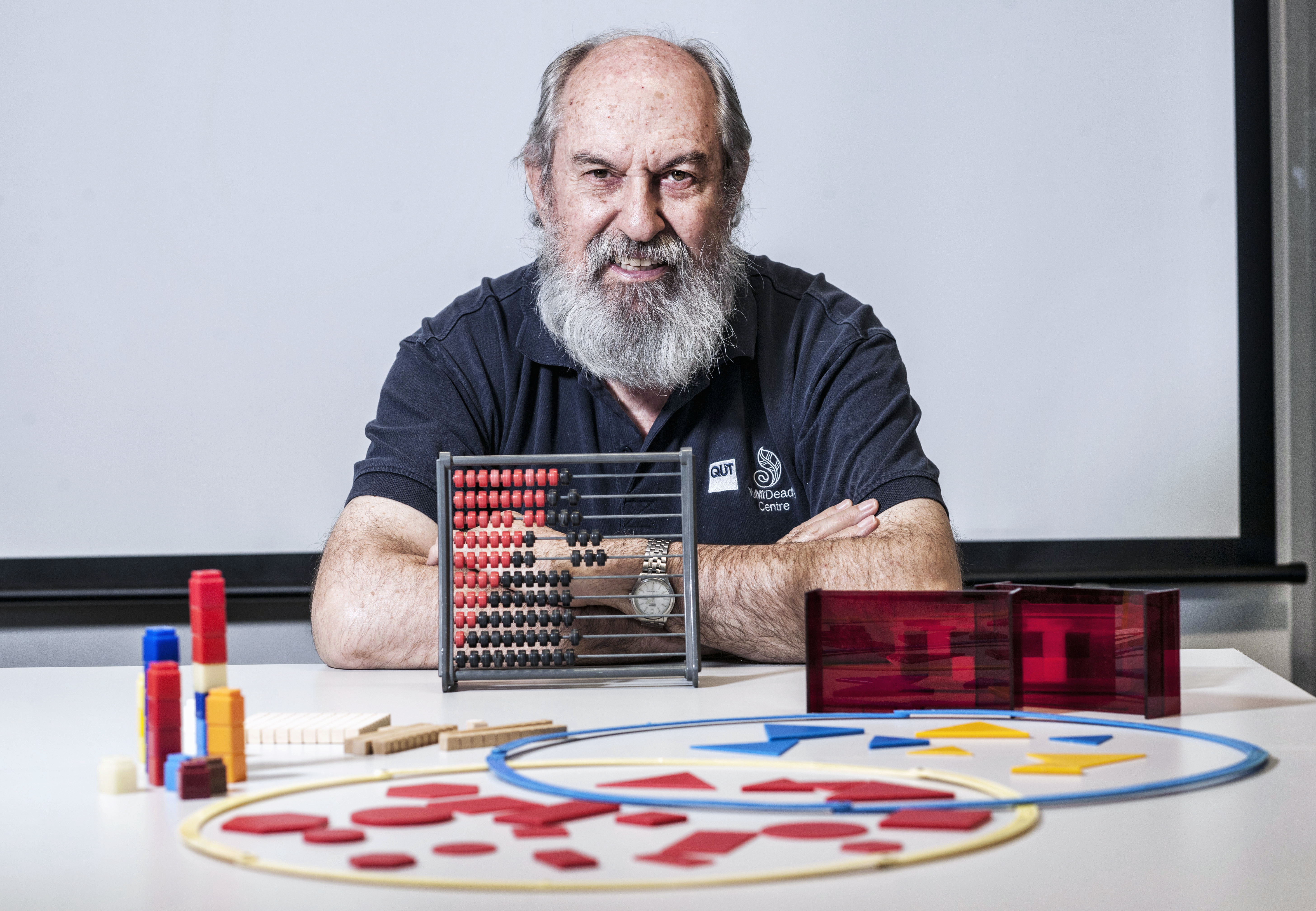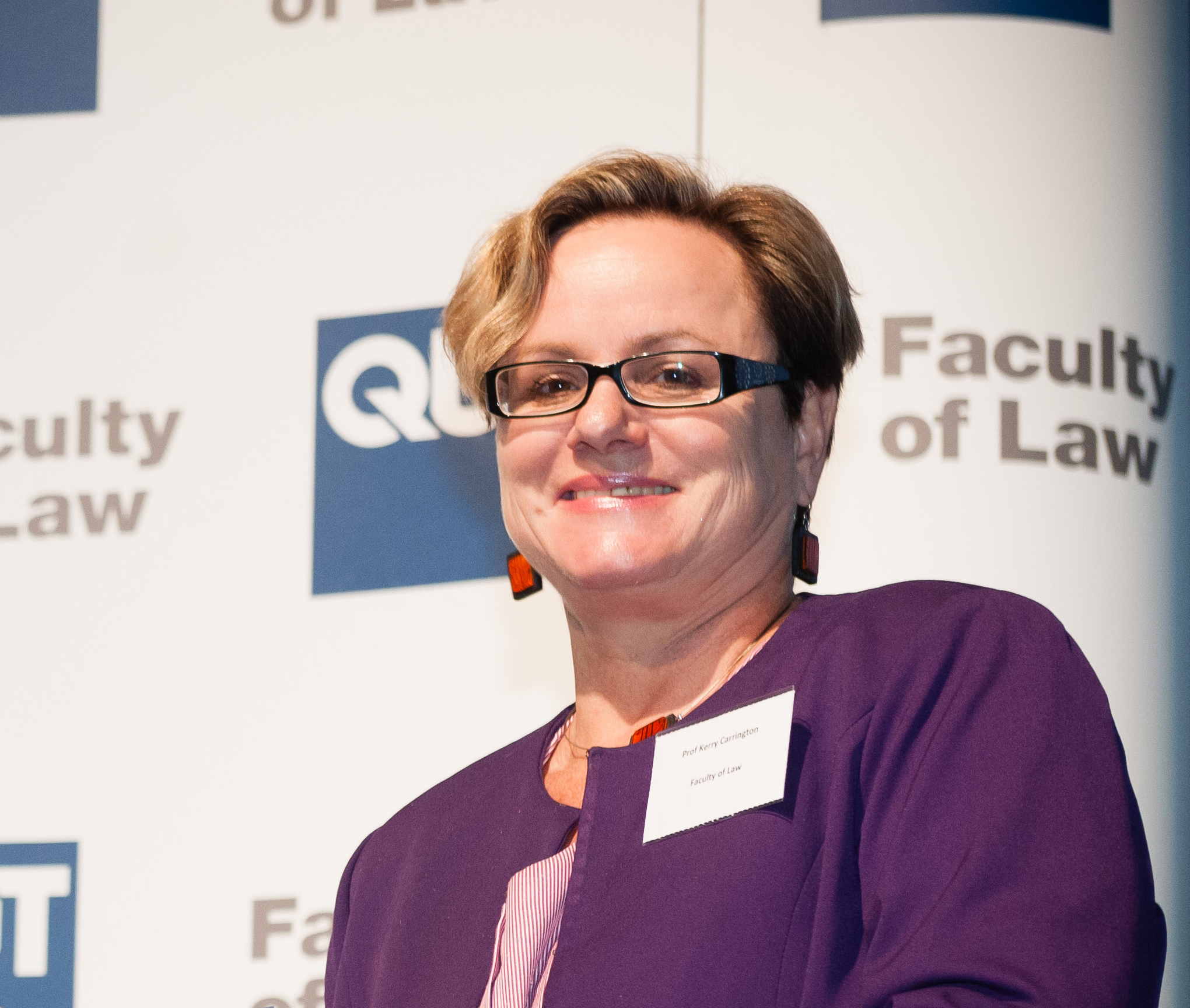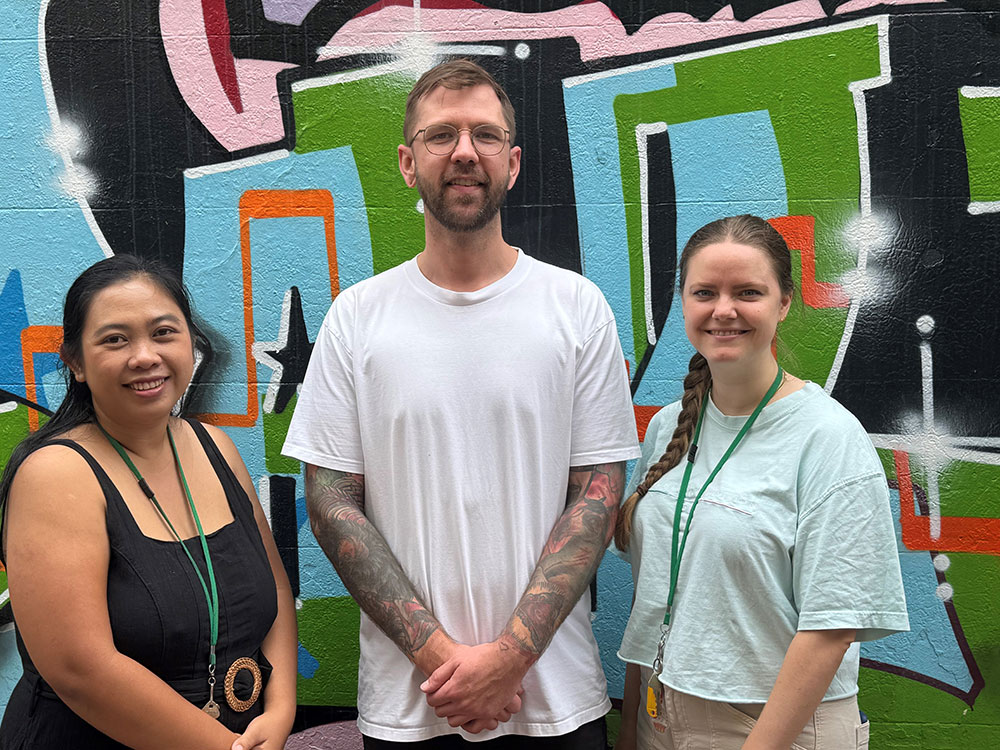
QUT has performed well in Australia’s first national assessment of research engagement and impact.
QUT DVC (Research and Innovation) Professor Arun Sharma said QUT’s strong performance reflected the university’s commitment to research that delivered tangible social, economic and environmental outcomes to the community and to industry and other external partners.
“This comes on top of QUT’s top 10 Excellence in Research Assessment (ERA) announced earlier this week,” Professor Sharma said.
The research engagement assessment covered three areas:
- Engagement – based on an engagement narrative and metrics,
- Impact – based on an impact case study () and
- Approach to Impact.


Australian Research Council assessment panels rated each criteria as High, Medium or Low across 22 broad two-digit Fields of Research codes.
Professor Sharma said 59 per cent of QUT’s 22 submitted case studies were assessed as being ‘high’ for Impact and 60 per cent were assessed as having ‘high’ Engagement.
Professor Sharma said QUT also submitted additional optional impact case studies for Aboriginal and Torres Strait Islander research and Interdisciplinary research.
Examples of projects found to have high impact are:
- Professor Kerry Carrington’s study of men and violence in rural contexts in relation to Fly In Fly Out work
- Professor Lyn Griffiths’ study into molecular genetic diagnostics of migraine and stroke related disorders
- Associate Professor Tony Shield’s development of The NordBord, a revolutionising hamstring injury recognition and treatment
- Professor Tom Cooper whose YuMi Deadly Centre programs are improving mathematics teaching and learning in schools with a high Indigenous student population
- Professor Ian Sochet who developed the school-based Resourceful Adolescent Program that builds resilience to promote mental health and wellbeing in adolescents.
QUT Vice-Chancellor Professor Margaret Sheil said whilst the ERA results confirmed the high quality of our research, these assessments reflect QUT’s commitment to research that provides solutions to specific problems within the community across a broad range of disciplines from health to justice and education.
“This is about working hand-in-hand with the community to ensure that research has a real impact. This is about improving lives,” Professor Sheil said.
Media contact: Rose Trapnell








